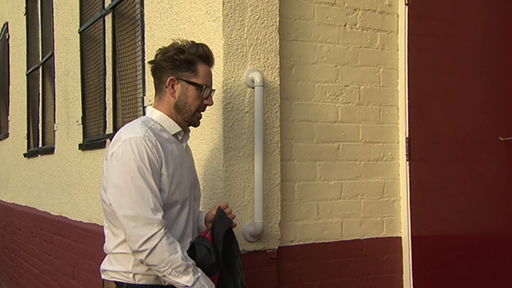Scenario 1: Anger
In this video the educator is facilitating a session in which the group share their blood glucose diaries. In this session individuals are reflecting on their own application of DAFNE principles of CP estimation and insulin dose adjustment. They are looking for patterns in their Glucose to help them problem solve, make decisions and action plan for any changes they would like to make. The session is key to the face-to-face DAFNE course as it is in a Remote DAFNE course and provides opportunities for modelling, mastery, reflection, experimentation and peer learning.
Activity 11: Anger
Part 1

Transcript
As you watch the video, think about:
Which educator behaviours can you observe being used to manage the challenging behaviour, diffuse the situation and protect the group?
If you need to refresh your memory about educator behaviours refer to Educator behaviours that demonstrate the DAFNE philosophy [Tip: hold Ctrl and click a link to open it in a new tab. (Hide tip)] , which is available in the resources area.
Record your observations in your workshop pack.
Reflect on what you have observed. What will be different for you when you are in the room delivering face-to-face DAFNE courses? What might you have done differently? Record your reflections in your workshop pack.
Bring your observations and reflections to the workshop. You will have an opportunity to discuss them there.
Managing challenging behaviours



